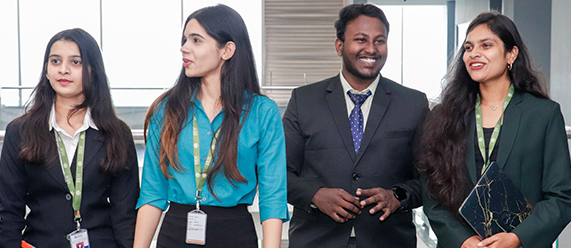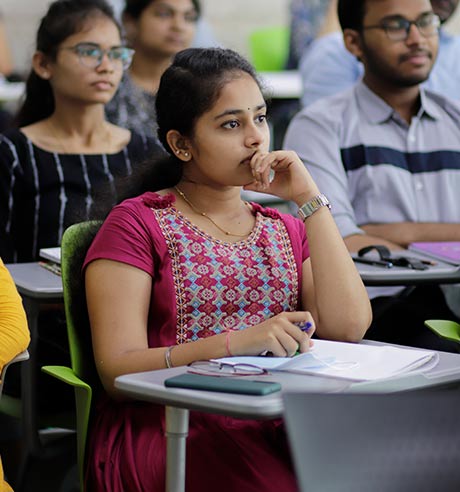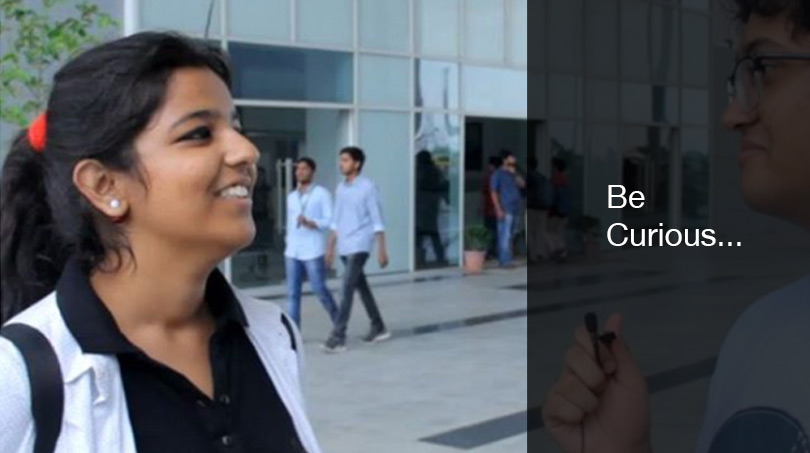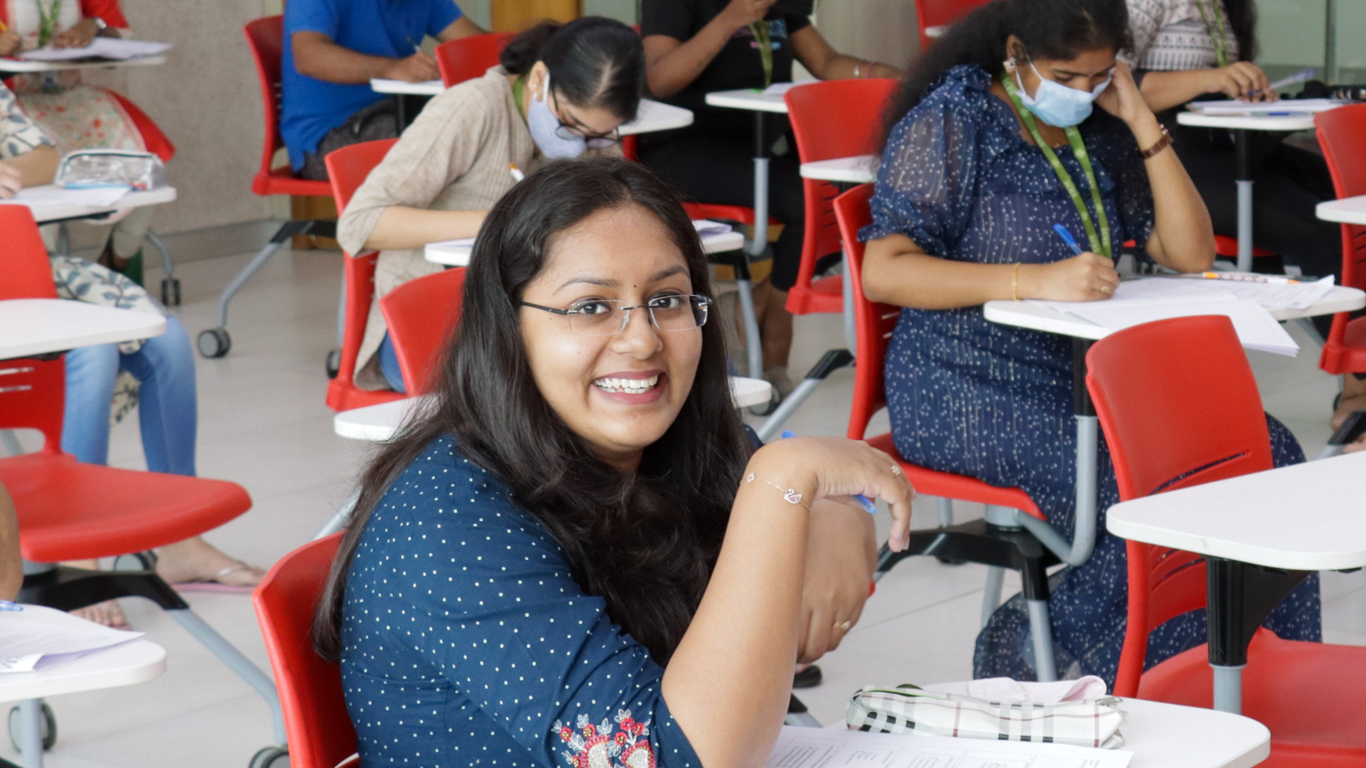100%
Faculty with international exposure
100% Scholarships
for meritorious students
50+
Laboratories to enable inventions
60+ Collaborations
with the world’s best universities



Experience top of the world living and learning at SRM University-AP
+91-863-2343000
080-6988-6999
Email: admissions@srmap.edu.in
SRM University-AP, Neerukonda,
Mangalagiri Mandal, Guntur District, Andhra Pradesh - 522240

100%
Faculty with international exposure
100% Scholarships
for meritorious students
50+
Laboratories to enable inventions
60+ Collaborations
with the world’s best universities


Programme | Fees | Scholarships | Eligibility | Criteria >>
BTech
Programme | Fees | Eligibility >>
BSc
BCom


Programme | Fees | Eligibility >>